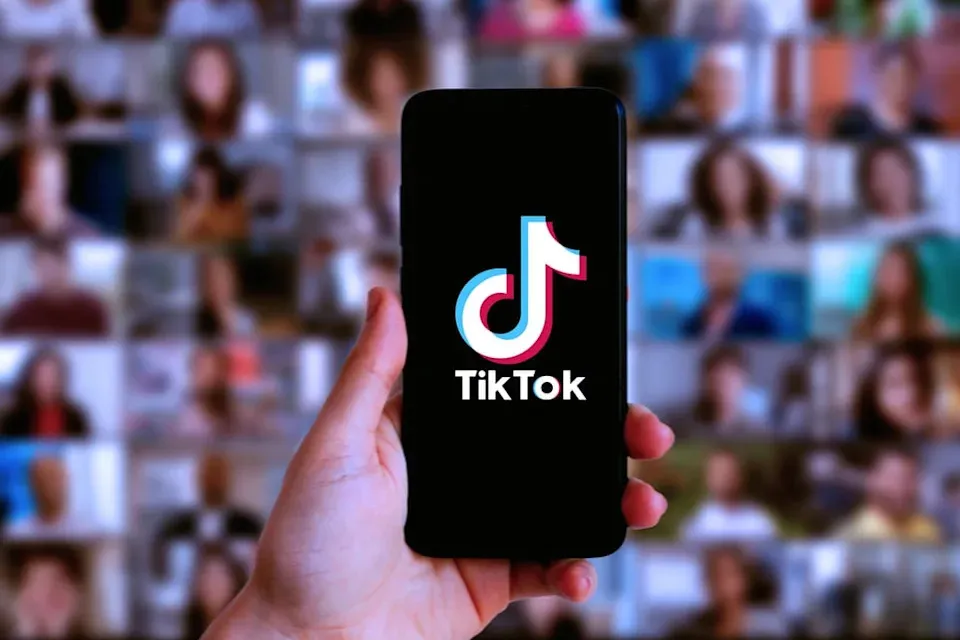Submit Your Finfluencer Fail : Reddit Calls for UGC
The internet has spoken, and it’s asking for receipts. In a turn of poetic justice, Reddit’s finance and crypto communities have launched a viral campaign titled “Submit Your Finfluencer Fail” an open call for users to share screenshots, clips, and tales of disastrous financial advice from self-proclaimed market gurus. The result? A glorious, crowdsourced museum of overconfidence, complete with vanishing Lambos, 48-hour trading “courses,” and influencer-led meme coin implosions.
It’s finance’s version of “America’s Funniest Home Videos,” except the punchline is always the same: someone listened to a finfluencer, and their portfolio never recovered.
The Rise and Fall of the Finfluencer Class
The “finfluencer” used to be the symbol of the post-pandemic retail revolution a social media oracle armed with ring lights, affiliate links, and endless confidence. They promised to teach viewers how to retire at 30 or “escape the 9-to-5 grind” through leverage and vibes. For a while, it worked. Their charts looked convincing, their TikToks looked motivational, and their referral codes looked lucrative.
But 2025 has not been kind to this breed of digital finance celebrity. As markets cooled, the reality set in: most finfluencers weren’t financial educators they were entertainers with an algorithmic agenda. The collapse of several influencer-endorsed tokens, combined with regulators cracking down on unlicensed advice, has left a trail of wrecked followers and deleted accounts.
Reddit, never one to waste a collective grievance, decided it was time to turn pain into content. The “Submit Your Finfluencer Fail” thread became a confessional booth for retail investors seeking closure. Users began uploading screenshots of influencer predictions that aged like spoiled milk: “Bitcoin to $250K by February,” “This microcap is the next Apple,” and the immortal, “You can’t lose if you HODL forever.” Spoiler: they could, and they did.
When Influencer Alpha Meets Retail Reality
The Reddit campaign isn’t just mockery it’s data-driven catharsis. Users have started compiling analytics on influencer performance versus traditional index funds. The early results are, to put it politely, educational. Across hundreds of submissions, influencer-backed portfolios underperformed simple S&P 500 ETFs by a painful margin. One thread summarized it best: “If you had shorted every influencer pick in 2024, you’d have outperformed half of Wall Street.”
The platform’s humor hides a sobering message: financial literacy cannot be crowdsourced from charisma. Many users admitted they followed influencers out of a mix of FOMO and relatability. The memeified trading advice complete with laser eyes, rocket emojis, and “diamond hands” offered an illusion of community and confidence. In reality, it blurred the line between education and entertainment.
Still, the culture remains irresistibly self-aware. Some redditors now refer to the influencer implosion as “the Great Unsubscribing,” a mass exodus from financial hype to fiscal humility. One viral post read, “My biggest investment lesson? Never take stock tips from someone whose net worth depends on your engagement rate.”
From Schadenfreude to Self-Improvement
What makes this trend uniquely 2025 is how humor and accountability coexist. Instead of simply mocking finfluencers, many users are turning the meme into a movement toward better financial habits. Subreddits like r/PersonalFinance, r/CryptoRealityCheck, and r/WallStreetBetsAfterDark are curating “post-hype” content explaining fundamentals, risk management, and how to actually read a balance sheet without TikTok filters.
Meanwhile, content creators with legitimate credentials are leveraging the chaos to rebuild trust. Certified financial planners and CFA holders have begun joining the discussion, offering “Finfluencer Fail Fixes,” where they dissect viral advice gone wrong and explain what should have happened instead. Think of it as MythBusters, but for trading mistakes and bad leverage ratios.
UGC Becomes the New Due Diligence
In classic internet irony, the fall of finfluencers has birthed a new form of community-powered fact-checking. User-generated content (UGC) is now the main weapon against misinformation. Reddit’s meme-laden transparency has turned financial failure into shared education. Instead of taking advice from glossy YouTube thumbnails, retail traders are crowdsourcing accountability in real time.
The cultural shift is clear: authority in finance is no longer granted by blue checks or viral followers but by demonstrated honesty and community verification. The collective intelligence of millions of skeptical users is proving more resilient than any influencer brand.
Conclusion
Submit Your Finfluencer Fail is more than a meme thread it’s a digital reckoning. It captures the moment when finance’s entertainment era collided with reality and retail investors decided to reclaim the narrative. The campaign’s humor softens the blow, but its implications are serious: transparency and collective learning are becoming the new pillars of financial culture. In an age where anyone can be an “expert” with a ring light, Reddit’s crowdsourced chaos might just be the most reliable audit system the internet ever invented. The next time a charismatic trader promises to triple your net worth, remember somewhere, a redditor is already drafting the meme for your inevitable submission.





Recent Comments